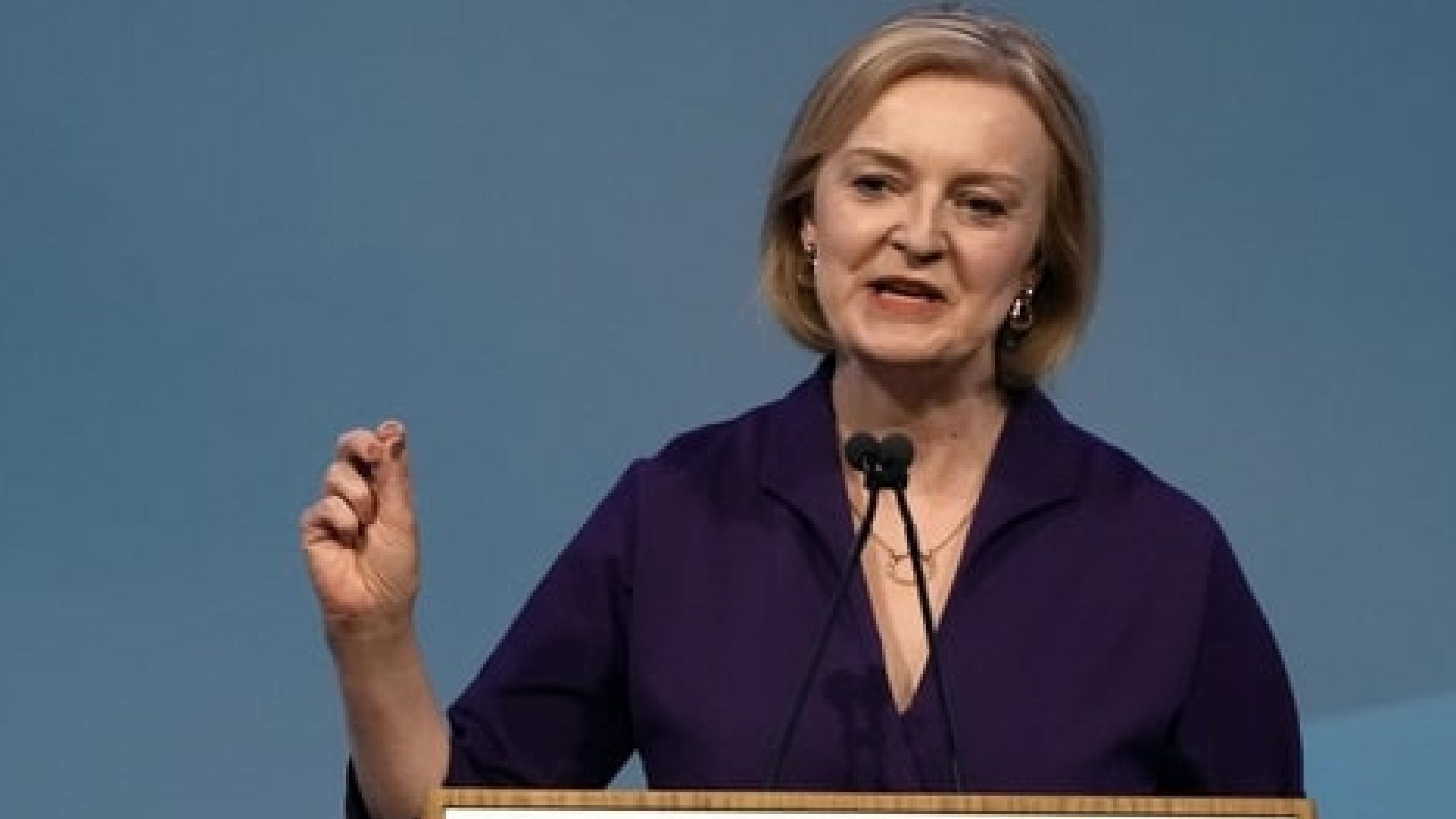Varun Nambiar
Liz Truss took oath as UK Prime Minister (the 56thsince 1721, when the Earl of Oxford, Robert Walpole, became the first de facto PM of Britain) on Tuesday. She defeated Rishi Sunak in the Conservative Party’s leadership race, dashing the hopes of many in the Indian diaspora who had hoped to see a person with an Indian connection become the British Prime Minister. However, in a sign of greater acceptance for diversity, she is expected to appoint people of colour to key posts.

Truss has taken the helm at a time when the British Isles are in troubled waters. With an economy stalling and just two years for the next election, she faces a race against time to deliver on her agenda. She inherits from Boris Johnson, her predecessor, record inflation and an economy that is tipped to enter a recession. The new Prime Minister will be hard-pressed to grapple with the expected rise in gas and electricity prices while at the same time finding a fiscally sound way to stimulate growth.
Looming crises
With a looming energy crisis, sluggish economic growth, and a Tory party reeling in the wake of a spate of scandals, the former PM has not left a domestic policy legacy worth emulating. But Boris Johnson, the international statesman, was made of sterner stuff. He negotiated a post-BREXIT modus vivendi with the EU, championed the Ukrainian cause publicly more than any other Western leader, hosted fairly successful G7 and COP26 summits, and energised British engagement in the Indo-Pacific by trying to galvanise trade and defence ties with India. On foreign policy, Truss would do well to follow in Boris Johnson’s footsteps, particularly on relations with India and the wider Indo-Pacific.
Uptick in India-UK FTA
Johnson’s premiership witnessed a marked uptick in the prospects of an India-UK Free Trade Agreement (FTA). In April, Johnson and Narendra Modi had set a deadline for Diwali (which falls on October 24 this year) for negotiating teams to conclude FTA talks. It remains to be seen if that goal will be achieved after Johnson’s resignation. An FTA would be as beneficial to the UK as it would be to India, which is now (according to new IMF data) a larger economy in nominal GDP terms than its erstwhile coloniser. Ms Truss’s experience as trade secretary will hold her in good stead as she guides these talks. The question is whether she has the political will and foresight to see them through.
Tilt towards Indo-Pacific
The UK was one of the first European countries to embrace the concept of an ‘Indo-Pacific.’ In March 2021, the Johnson administration’s Integrated Review of Security, Defence, Development and Foreign Policy announced that the UK would ‘tilt’ towards the Indo-Pacific. The ambition was for the UK to become ‘the European partner with the broadest and most integrated presence in the Indo-Pacific.’ AUKUS, the trilateral security pact between Australia, the United Kingdom, and the United States, was a product of this decisive tilt and outreach. The challenge for the new PM would be to deepen and operationalise these relationships as quickly and efficiently as possible, staying mindful of China’s growing assertiveness. She would also have to do more to get Europe involved in the Indo-Pacific. The war in Ukraine appears to have diverted European attention and resources, a fact that does not bode well for regional security in the Indo-Pacific.

Defence and Security
India-UK security and political relations are critical to overall stability and peace in the Indo-Pacific. Under the previous Tory administration, the UK and India unveiled a 10-year road map to guide cooperation. Defence and security ties were highlighted as one of five key pillars to elevate the relationship to a ‘comprehensive strategic partnership.’ Areas of cooperation identified in the road map include maritime cooperation, cybersecurity, space, counter-terrorism, and cooperation on nuclear technology and non-proliferation. Unfortunately, Boris Johnson couldn’t stay in office long enough to produce any tangible outcomes for the India-UK relationship on the security front. This is an aspect of the relationship that is sure to test Truss. The UK’s relationship with Pakistan and the presence of anti-India secessionist elements on British soil are irritants, and Truss must do more to assuage Indian apprehensions on this score.
Boris Johnson popular in India
Though lampooned at home for pandering to local sensibilities in a comic fashion while on his official visit to Gujarat and Delhi earlier in the year, Johnson’s oratory and charisma made him a popular man in India, he did not pontificate to India on how it should behave, and that endeared him to the Indian public. Here was one British leader who sought to negotiate on equal terms, shedding the patronising tone and colonial baggage that marred many a British Prime Ministerial visit to India in the past. It will, in that sense, be a tough act to follow for Ms Truss, who, during her tenure as Johnson’s Secretary of State for Foreign Affairs (Foreign Minister), hinted at differences with the Indian Minister of External Affairs over India’s energy imports from Russia.
Cold realpolitik
Her personal opinions and views will count for little, however, as international relations are driven by the lure and compulsion of cold realpolitik. The idea that individual leaders can shape the arc of history, the so-called ‘Great Man Theory,’ ignores the myriad intangible imponderables that shape foreign policy and relations between States. Leo Tolstoy’s timeless narration of the Battle of Borodino in War and Peace captures this irrelevance of individual leaders in the larger scheme. “So the way in which these people killed one another was not decided by Napoleon’s will but occurred independently of him, in accord with the will of hundreds of thousands of people who took part in the common action. It only seemed to Napoleon that it all took place by his will.” The UK has reasons aplenty to be in the Indo-Pacific, and it will seek greater engagement with India over time. It is for Liz Truss to do her bit to expedite the process by giving it much-needed impetus.




